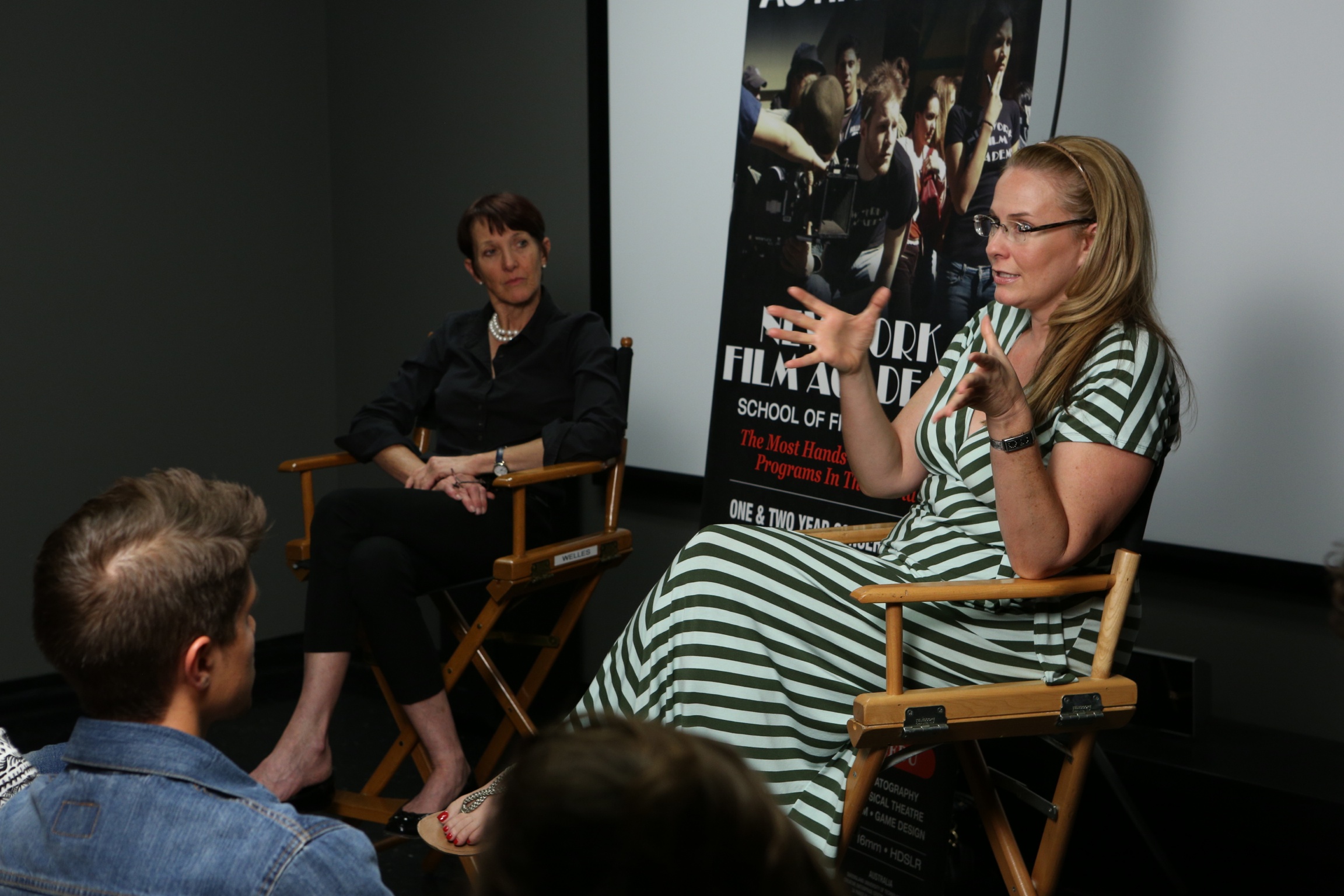Some Known Facts About The Casting Connection.
Some Known Facts About The Casting Connection.
Blog Article
The Single Strategy To Use For The Casting Connection
Table of Contents3 Simple Techniques For The Casting Connection5 Simple Techniques For The Casting ConnectionThe Casting Connection - TruthsWhat Does The Casting Connection Mean?Some Known Incorrect Statements About The Casting Connection
A talent scout functions as a representative for artists, entertainers, athletes, and various other people in the show business. Their key duty is to promote and represent their clients' passions, aiding them safe and secure chances such as acting roles, modeling jobs, endorsements, songs agreements, or sports bargains. Talent agents work closely with their clients to recognize their career objectives and aspirations, and after that leverage their sector connections and experience to work out contracts, secure tryouts, and explore different opportunities for direct exposure and success.Skill agents usually operate in hectic and dynamic settings that focus on the entertainment industry. Their work environments can vary based on the dimension and kind of company they are used in. Below are some typical facets of the workplace of a talent scout: Talent Agencies: The majority of talent representatives work in ability companies, which can range from small store companies to big, reputable companies.

The Casting Connection - The Facts
These meetings can happen in the company's workplace, at client occasions, or at outside locations convenient for the client. Auditions and Casting Calls: Representatives might accompany their customers to tryouts and casting telephone calls, offering support and guidance throughout the procedure. This might involve taking a trip to various places, such as production studios, casting offices, or film collections.
These negotiations usually happen through phone or e-mail, with agents working vigilantly to secure beneficial terms for their customers. Study and Market Updates: Agents stay notified about market trends, casting telephone calls, and market needs. They conduct study on prospective customers, tasks, and market advancements to provide important insights to their clients.
They make use of e-mail, call, video clip conferencing, and specialized software application to remain in touch with clients and industry calls. https://justpaste.it/6d05k. High Stress and Long Hours: The show business operates limited routines and target dates - Theatre audition scripts and librettos. Talent scout usually function long hours, consisting of nights and weekend breaks, to ensure they are available to react to chances and client requires quickly
They need to be strategic and influential to safeguard the most effective bargains for their customers, whether it's for a role in a film, a modeling agreement, or a songs bargain.
The Main Principles Of The Casting Connection
When you know the difference, it ends up being very clear. Numerous people new to the acting company, and also more of those outside of it do not know the difference. So, in a few words: Essentially, a talent scout is worked with by the star to represent the star. The actor's agent watches out for talent's rate of interests, functioning on their behalf (the really interpretation of "agent").
They are hired by the producer or the end-client, and their allegiance is to that side of the production chain. In the company of item advertising and marketing communications, there are all kinds of representatives.

And yet, although the talent representative is paid by ability (normally by means of compensation), they must likewise please the producer to do their task effectively. Casting Agent: Hardly ever in major markets, yet often in smaller Find Out More sized markets, some talent scout play both functions, at the very least functionally. They represent the ability (typically being paid by commission), however they might additionally perform auditions themselves.
The Casting Connection Fundamentals Explained

Ad agency: This agency represents the "marketer," which is the company that develops or markets the service or product being sold. https://fliphtml5.com/homepage/vqffb/castingconnection/. With the growing of media kinds over current years, an ad company could produce any sort of advertising interaction or audio item, varying from a radio commercial to a viral web video
These, and agents by other names are analogous to the ad agency, in that they serve the online marketer, in different means. Their service could be wider (e.g., an advertising agency could do anything that is marketing-related), or could be extra certain (e. Custom audition cuts.g., a media company suggests and/or buys media time and room)
An Unbiased View of The Casting Connection
Executive recruiter. This is not so a lot a title as a technique to finding and choosing new talent. It describes seeking fascinating (and hopefully capable) ability, instead of going out via the conventional spreading chain and having picked choices return. The looking process could consist of the full world of educated, developed skill, however is not necessarily restricted to them.
From a client/producer's viewpoint, hunting for talent is a genuine strategy, but possibly not their only technique. It's naturally inefficient and unpredictable; the talent could have some unique quality, however be untrained, undirectable and/or unreliable, and undoubtedly, the start of a limited manufacturing routine is not the time to begin hunting for rough diamonds.
Report this page